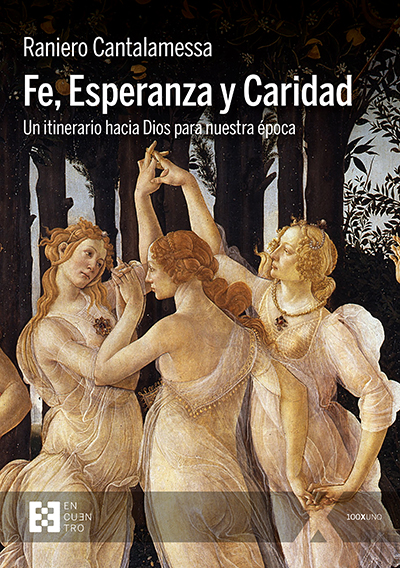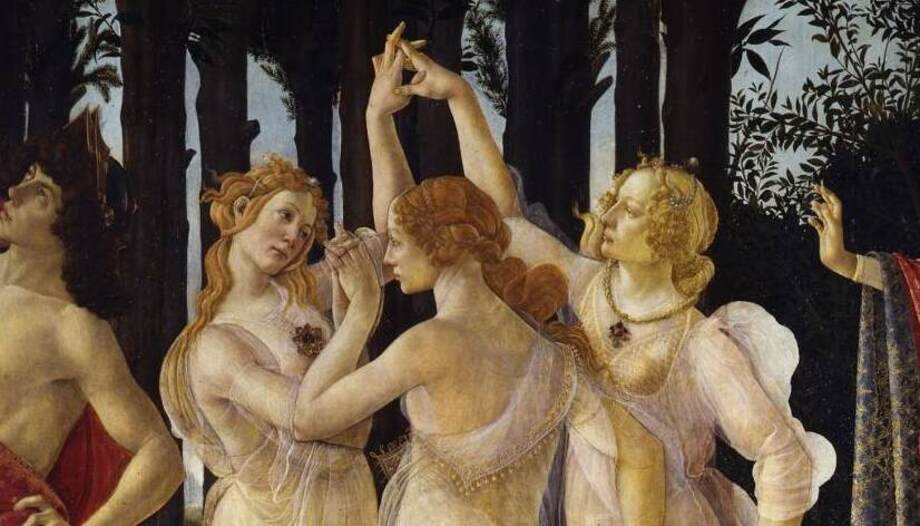Ediciones Encuentro has launched a new book Cardinal Raniero Cantalamessa, a Franciscan friar who is also, since 1980, preacher of the Pontifical Household, a position that, since 1753, can only be held by a friar of the Order of Friars Minor Capuchin, on whom falls the responsibility of preaching on special days for the Pope and the Roman Curia.

Faith, hope and charity
In this book, Cantalamessa delves into the three theological virtues: faith, hope and charity, while stressing that "the most important thing about the theological virtues is not to know them, but to exercise them". The text is written in an informative way, so that it is accessible to everyone, not only to experts.
The analysis of the virtues begins with Psalm 24, "Gates, lift up the lintels," comparing faith, hope and charity to those doors that we can open to Christ and which have two keys: one located inside, in the hands of man, and the other outside, in the hands of God.
The preacher of the Pontifical Household then went on to analyze the faith, delving into topics of special relevance such as the relationship between faith and reason, faith and science and the "night of faith. An important section of this section is dedicated to Mary's faith, which was tested to the cross, "a replica of the drama of Abraham, but much more demanding! With Abraham, God stopped at the last moment, but not with her [...] Mary believed against all hope" (p. 82).
Secondly, Cardinal Cantalamessa analyzes the virtue of hope, a word that, surprisingly, "is absent from the preaching of Jesus. The Gospels refer to many of his sayings on faith and charity, but none on hope" (p. 89). The author then explains the reason for this absence.
Among many other interesting themes, including some images that Christianity has used for hope in the past, such as the anchor or the sail, Cantalamessa reminds us that God's grace can make every situation, even the most desperate, an occasion for good. "Hope needs tribulation to be strengthened. It takes the death of human reasons to hope, one after the other, for the true unshakable motive that is God to emerge" (p. 126).
Finally, the text leads us to charity, the only eternal virtue, since "faith and hope will end with our death" (p. 107), while charity, love, will remain forever. This section analyzes themes such as the Trinity, the Incarnation, the current roots of nihilism or how Jesus lived the theological virtues.








